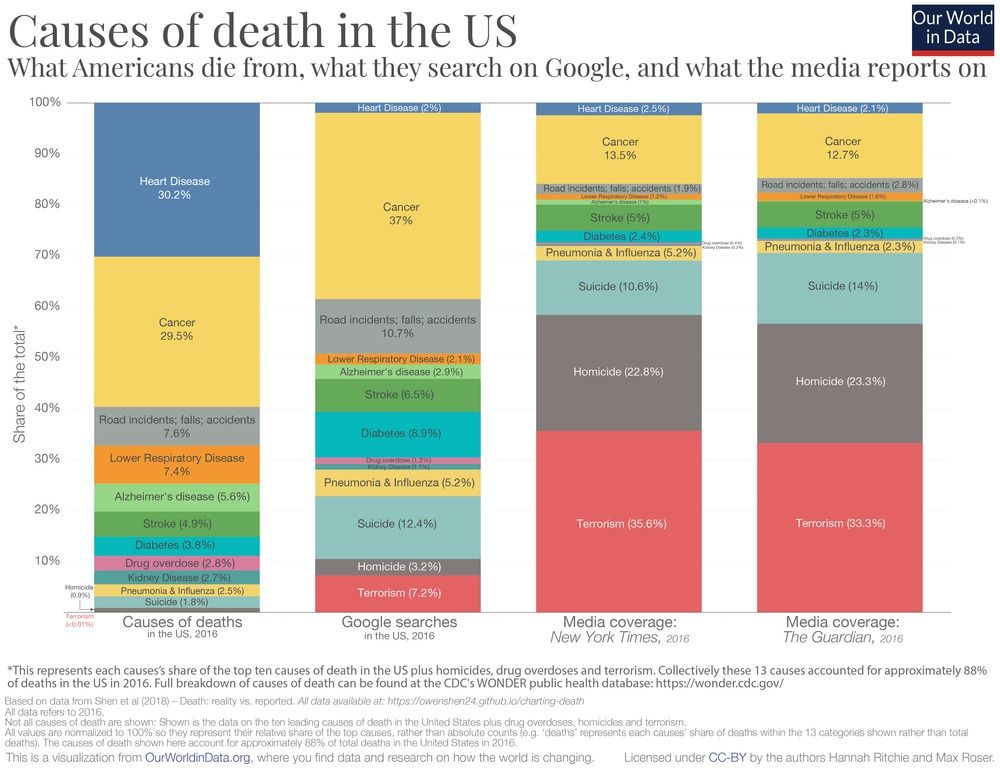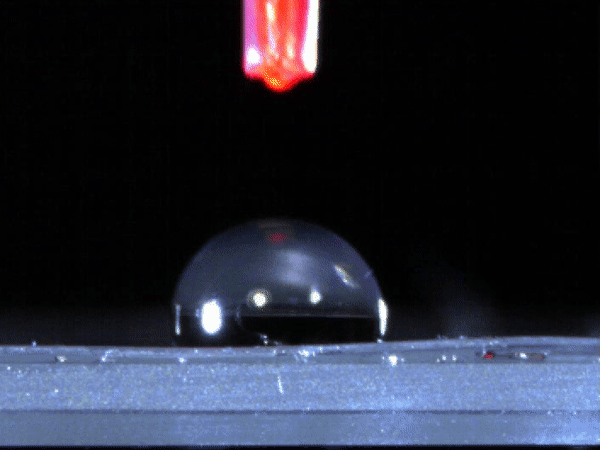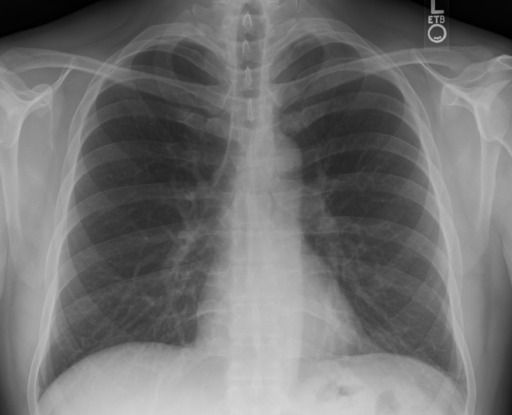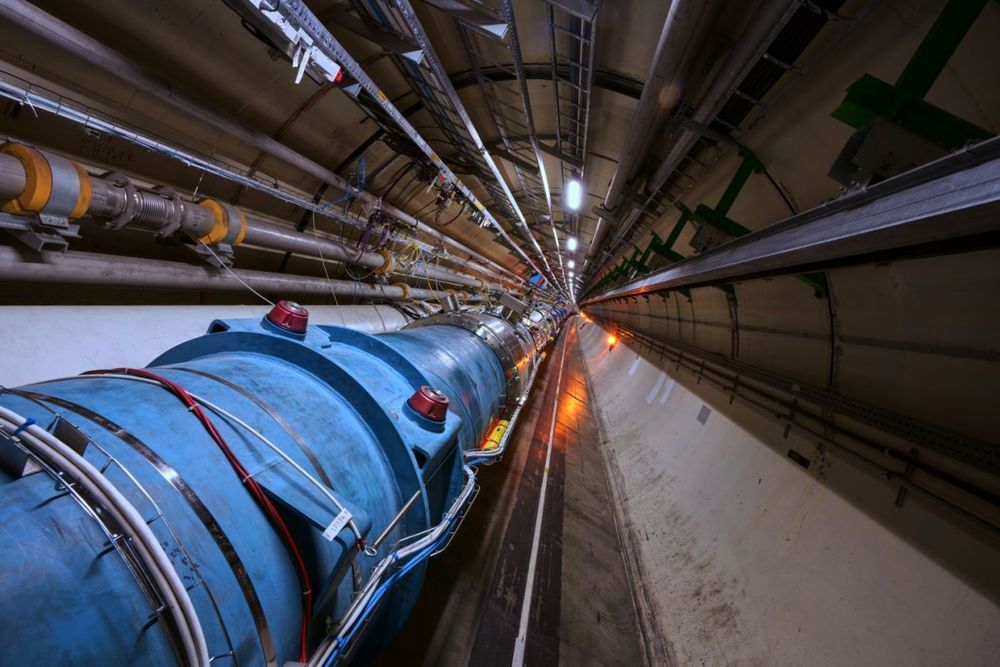There is a large disconnect between what gets covered in the media and the day-to-day reality for most. How do causes of death in the US match with media coverage and what people search for online?



The ability to confine water in an enclosed compartment without directly manipulating it or using rigid containers is an attractive possibility. In a recent study, Sara Coppola and an interdisciplinary research team in the departments of Biomaterials, Intelligent systems, Industrial Production Engineering and Advanced Biomaterials for Healthcare in Italy, proposed a water-based, bottom-up approach to encase facile, short-lived water silhouettes in a custom-made adaptive suit.
In the work, they used a biocompatible polymer that could self-assemble with unprecedented degrees of freedom on the water surface to produce a thin membrane. They custom designed the polymer film as an external container of a liquid core or as a free-standing layer. The scientists characterized the physical properties and morphology of the membrane and proposed a variety of applications for the phenomenon from the nanoscale to the macroscale. The process could encapsulate cells or microorganisms successfully without harm, opening the way to a breakthrough approach applicable for organ-on-a-chip and lab-in-a-drop experiments. The results are now published in Science Advances.
The possibility of isolating, engineering and shaping materials into 2-D or 3D objects from the nanometer to the microscale via bottom-up engineering is gaining importance in materials science. Understanding the physics and chemistry of materials will allow a variety of applications in microelectronics, drug delivery, forensics, archeology and paleontology and space research. Materials scientists use a variety of technical methods for microfabrication including two-photon polymerization, soft interference lithography, replica molding and self-folding polymers to shape and isolate the material of interest. However, most materials engineering protocols require chemical and physical pretreatments to gain the desired final properties.

A terminally ill patient who opted for assisted death has undergone cryonic preservation at the Alcor Life Extension Foundation. This preservation—the first of its kind—signifies an important milestone for cryonics advocates, who argue that the right to death, paradoxically, is a potential pathway to an eternal life.
On October 30, 2018, Alcor performed its 164th cryopreservation. It was an otherwise unremarkable moment for the nonprofit organization, save for the way Norman Hardy of Mountain View, California met his demise. Hardy was diagnosed with terminal metastatic prostate cancer, and it had spread to his bones and lungs. As noted in Alcor’s case summary, his “pain had been poorly managed,” so he opted for assisted death, which was legalized in California in 2016 through the End of Life Options Act (EOLOA).

Tesla is like Cholesterol 😂…
Tesla has been steeped in chaos – and chaos is absolutely the opposite of what a complex manufacturing, distribution, and retail operation needs. Musk himself has sowed that chaos. And he relentlessly continues to sow it.
One of his recent antics was that he told employees in this email last week that the company would embark on a cost-cutting drive that would entail that “all expenses of any kind anywhere in the world, including parts, salary, travel expenses, rent, literally every payment that leaves our bank account must (be) reviewed” by the CFO, and that Musk himself would sign off on every 10th page of expenses.
The CFO and Musk will be busy reviewing and signing off on janitorial department purchases of cleaning materials and toilet paper. The hope is that this amount of work will keep Musk off Twitter, but those hopes too will be dashed.

This post was prompted by a colleague sharing with me this recent study: www.ncbi.nlm.nih.gov/pmc/articles/PMC6389801/
The authors found that out of 516 studies evaluating the performance of ML algorithms for the diagnostic analysis of medical images, only 31 had externally validated their algorithms.
This should concern us all.




Continuing from Motherboard, “In an email to Motherboard, a DARPA spokesperson said that four research teams have received allotments of the $45 million funding from the agency as a part of Insect Allies, and that all teams have now entered phase two. The teams include researchers from Penn State University, the University of Texas, and Ohio State University.”
It isn’t difficult to tell what opinion this article represents. Do we need this, or want to trust people with placing genetically modified viruses in the crops that become our grocery store produce?